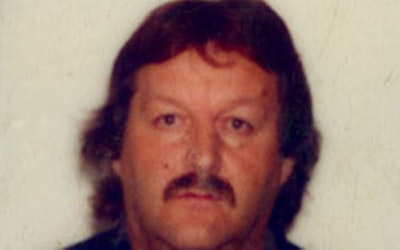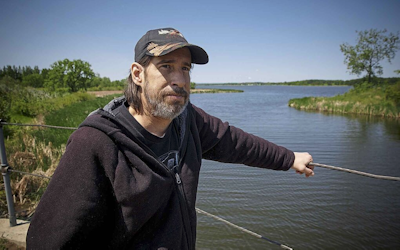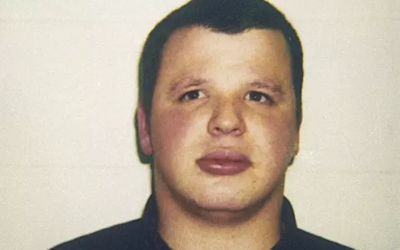A false confession occurs where a person makes an untrue statement to police that they committed a criminal offence. Almost 10% of individuals whose cases are included in the Registry made a false confession that played a role in their wrongful conviction.
False confessions can occur for many reasons, including: coercive police interrogation; the hope of receiving better treatment in exchange for "taking responsibility" (see the Spotlight on False Guilty Pleas); health conditions that go unrecognized or unaddressed, for instance, delusional disorder or severe intellectual disability; and psychologically destabilizing sting operations.
Canadian police have notably obtained a number of false confessions using the "Mr. Big" technique, where undercover officers befriend a socially isolated suspect and entice them to join a fake criminal organization. The undercover "crime boss" will then demand a confession as a condition of membership, with dire consequences suggested if the target does not comply.
Commissions of Inquiry have repeatedly called for the full recording of police interrogations and Mr. Big stings, without which there is a risk that the existence or contents of an alleged confession will be called into question. The false confession may also have an unwarranted ring of truth because it contains details that in theory are known only to the perpetrator and police, but in fact were shared with the suspect, creating the illusion of guilt.





